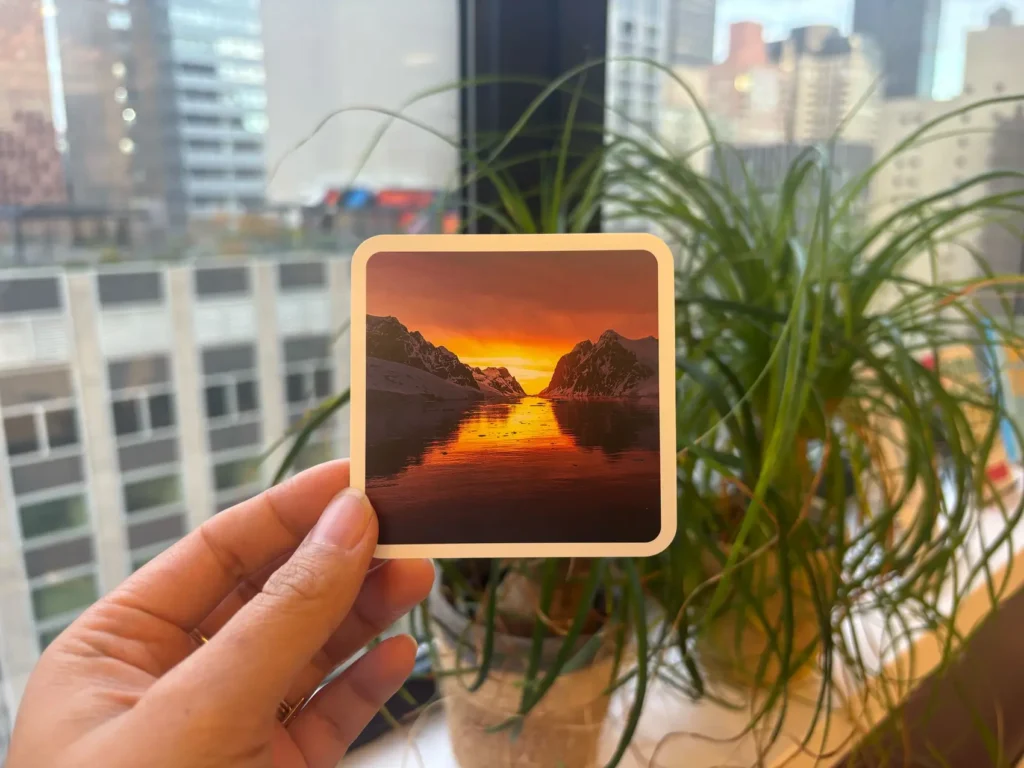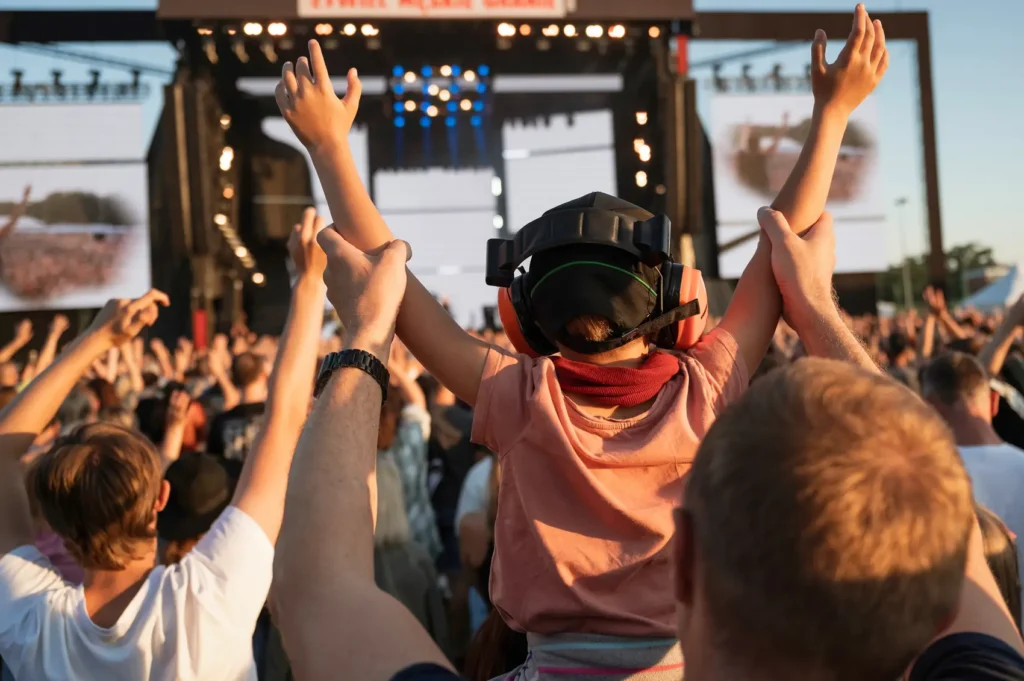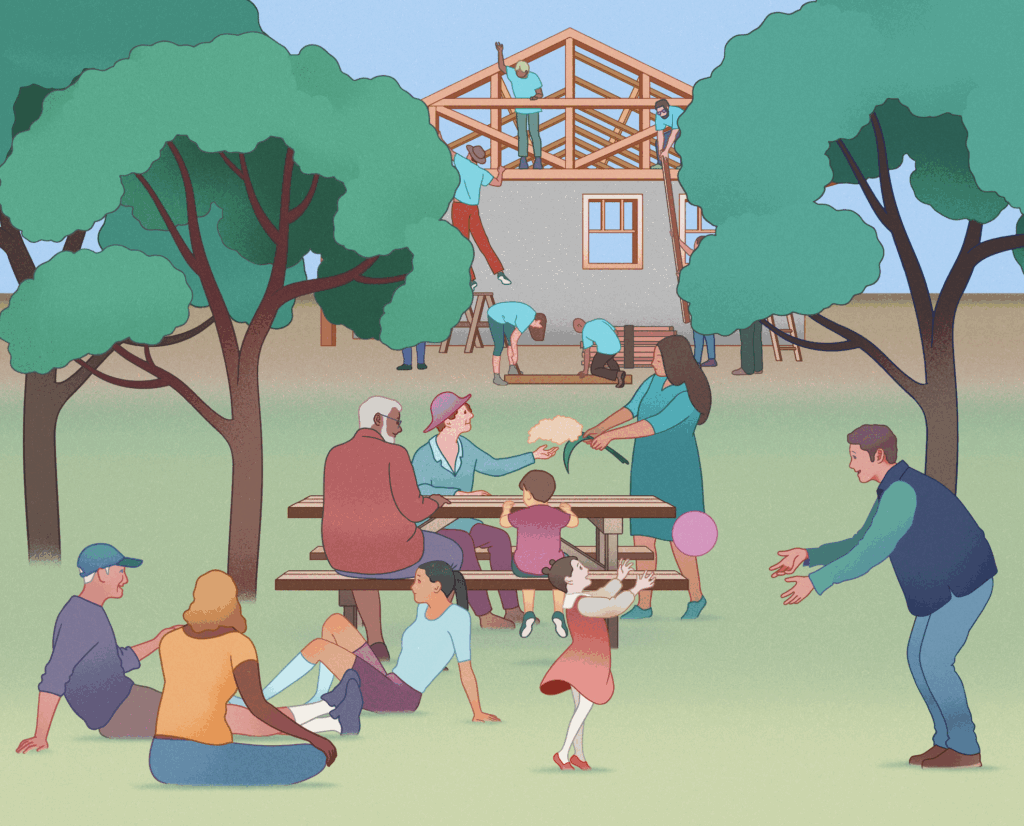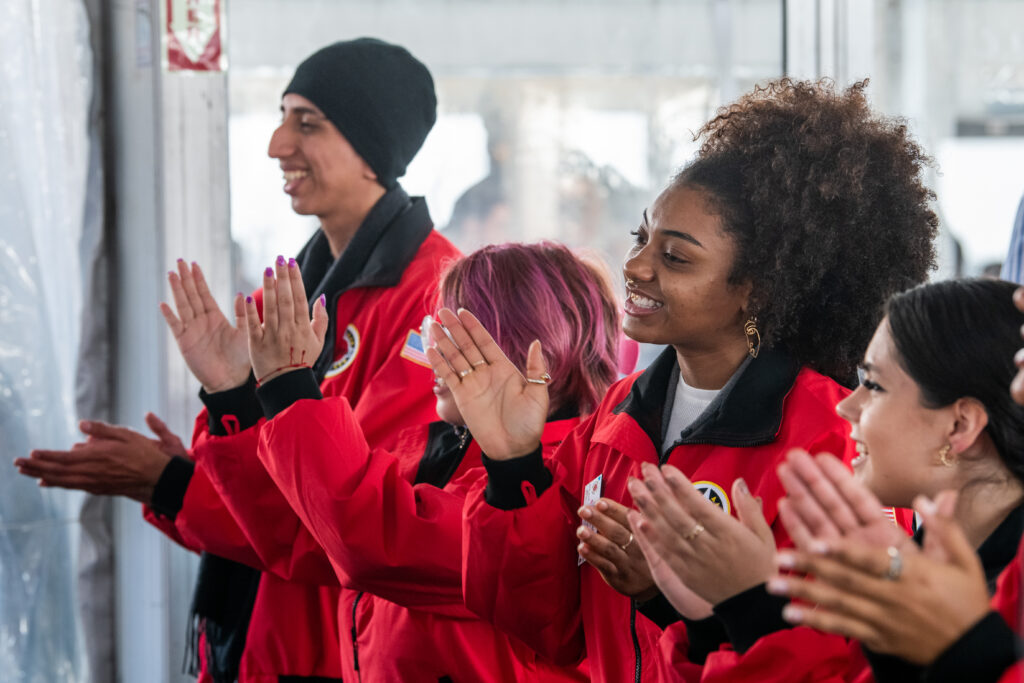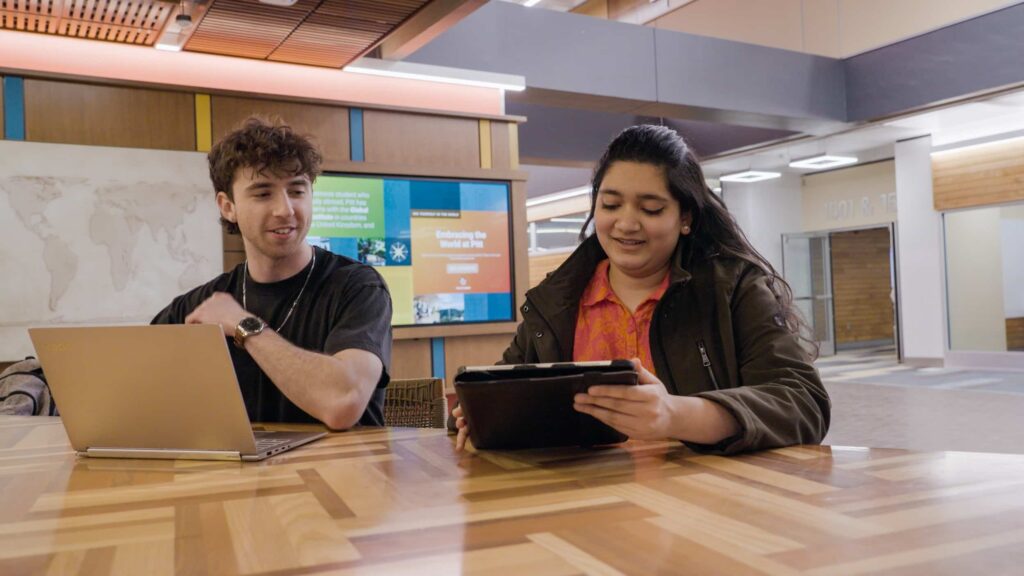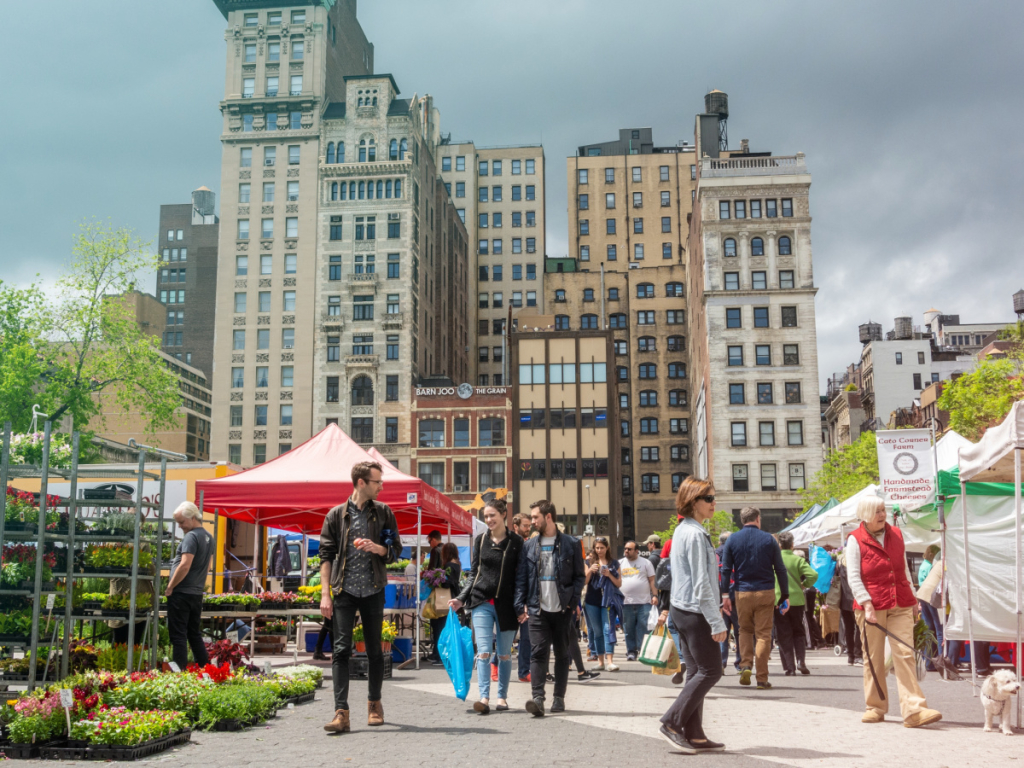One of my favorite Dar Williams’ lyrics is from “After All”: Go ahead, push your luck. Find out how much love the world can hold.
For a while now, I have wanted to become an end-of-life doula. To be by someone’s bedside to adjust the pillow when their neck gets stiff, and, maybe selfishly, to listen and bear witness to reflections and yearnings of a life (well) lived.
From his expertise in palliative care, Dr. Ira Byock shares that while our lives may be vastly different up until this point, the end of life brings near-universal longing that can be summed up in four seemingly simple phrases:
Please forgive me.
I forgive you.
Thank you.
I love you.
During the Days of Awe, the ten days of introspection and repentance that take place between Rosh Hashanah and Yom Kippur in the Jewish calendar, I was reminded that we don’t need to wait until the last chapter to rewrite the previous ones.
Every time we take stock of our relationships – healthy ones and ones that frayed – we have another chance to live and love more deeply. To appreciate fleeting moments and impermanence. To reconcile past mistakes. To say, “I’m sorry. Can you please tell me more?”

In “The 12-Hour Goodbye That Started Everything,” Miriam Johnson writes, “I’m not sure if we fall in love with people or if we fall in love with the way they make us feel, the ways they expand who we are and wish to be.”
During the Days of Awe, the ten days of introspection and repentance that take place between Rosh Hashanah and Yom Kippur in the Jewish calendar, I was reminded that we don’t need to wait until the last chapter to rewrite the previous ones.
Every time we take stock of our relationships – healthy ones and ones that frayed – we have another chance to live and love more deeply. To appreciate fleeting moments and impermanence. To reconcile past mistakes. To say, “I’m sorry. Can you please tell me more?”
In “The 12-Hour Goodbye That Started Everything,” Miriam Johnson writes, “I’m not sure if we fall in love with people or if we fall in love with the way they make us feel, the ways they expand who we are and wish to be.”
Even though Johnson’s story is about romantic love, I believe this sort of self-expansion comes about through every kind of love we let in.
When we get knocked down, love is whoever is there by your side to help pick you up, pour a little hydrogen peroxide on the wound, and cover it up with a band-aid. The cut may take days, weeks, or months to heal, but that person is there for the healing. Itchiness, scabbiness, and all.
Because we work on bridging divides at Einhorn Collaborative, friends often ask me around elections a variation of this question, “How can you expect our country to heal after this?”
This being years of vitriol from one side aimed at another, and vice versa.
This being dehumanizing words and threats of violence.
This being endless news articles telling us about all the things that are broken and all the people we can scapegoat.
This being, “How can I possibly care about them when they can’t even see me as human?”
I find myself sharing a similar refrain in these conversations, that half of the country will be fearful and in pain, and the other half elated. Many of us will feel exhausted. Therefore, we must ask ourselves, “How will we heal from here?”
I admit that my answer is not satisfying. But if I’ve learned anything from the many peacebuilders who have lived in conditions far worse than those here in the U.S., it’s the importance of holding on to hope and an unwavering commitment to our shared future and interdependence.
As part of this commitment, I’m learning to expand my capacity to listen to stories told by people whose reality and perspectives I have yet to understand, bear witness to their pain, and strive for a greater understanding of where our lives diverge.
With the election just around the corner, I invite you to apply the science of human connection to help yourself – and those around you – reduce the stress and tension that abound. Our friends at Greater Good Science Center have put together easy-to-use tools to help us listen with compassion and foster deeper understanding so we can find our way to each other across our differences.
Even though we may not know what November 6 or January 6 will bring, we each have the power to help reduce tension as we seek to widen the circle of our collective “we.”
The stories and experiences permeating our culture today seem to only divide our country into us versus them, but it’s helpful to remember that the majority of Americans want to live in a less polarized and more united country. We have more in common than we can imagine.
In The Book of Forgiving: The Fourfold Path for Healing Ourselves and Our World, Archbishop Desmond Tutu wrote, “Forgiveness is nothing less than the way we heal the world. We heal the world by healing each and every one of our hearts. The process is simple, but it is not easy.”
Let’s call upon forgiveness, gratitude, and love as the first-aid kit of our time.

